Market Trends
Key Emerging Trends in the Antivirus Software Market
The Antivirus Software market has witnessed dynamic trends in recent years, reflecting the ever-evolving landscape of cybersecurity. As businesses and individuals are increasingly relying on digital platforms, the demand for robust antivirus solutions has grown significantly. One notable trend is the shift towards cloud-based antivirus solutions. With the rise of remote work and the need for flexibility, cloud-based antivirus software offers real-time protection across various devices, ensuring a more comprehensive defense against malware and cyber threats. Moreover, there has been a noticeable emphasis on artificial intelligence (AI) and machine learning (ML) in antivirus software.
Traditional signature-based detection methods are being complemented and, in some cases, replaced by AI-powered algorithms that can adapt and learn from emerging threats. This proactive approach enhances the software's ability to identify and mitigate new and sophisticated forms of malware, providing a more effective defense mechanism. The increasing penetration of mobile devices has also shaped market trends in antivirus software. With the widespread use of smartphones and tablets, there is a growing demand for solutions tailored to mobile platforms. Antivirus software providers focus on developing mobile-specific features, such as anti-theft protection, secure browsing, and privacy controls, to address the unique challenges of mobile cyber threats. Furthermore, integrated security suites have gained prominence in the antivirus software market. Users seek comprehensive solutions that protect against malware and address a broader range of cybersecurity concerns, including phishing attacks, ransomware, and identity theft. Antivirus software vendors are responding by incorporating additional features such as firewalls, VPNs, and password managers to provide users with all-encompassing security packages. In response to the escalating frequency and severity of cyber attacks, there is a growing trend towards threat intelligence and information sharing within the antivirus community. Collaboration among security professionals, researchers, and organizations helps create a more interconnected defense network.
This collaborative approach enables faster identification and response to emerging threats, fostering a collective effort to enhance the overall cybersecurity landscape. Subscription-based models have become the predominant pricing strategy for antivirus software. This shift from one-time purchases to subscription-based services allows users to receive regular updates and continuous protection against evolving threats. Additionally, this model provides software developers with a consistent revenue stream, enabling them to invest in ongoing research & development to stay ahead of emerging cybersecurity challenges. However, challenges persist in the antivirus software market, including the escalating arms race between cybercriminals and security providers. As malware becomes more sophisticated and adaptable, antivirus solutions must continually evolve. Moreover, concerns regarding user privacy and data protection have prompted increased scrutiny of antivirus software practices, pushing vendors to prioritize transparent and ethical approaches to data handling.


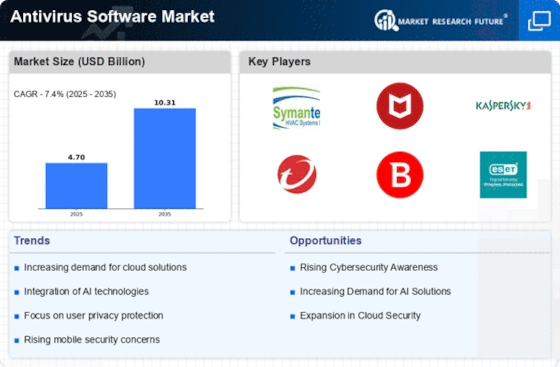
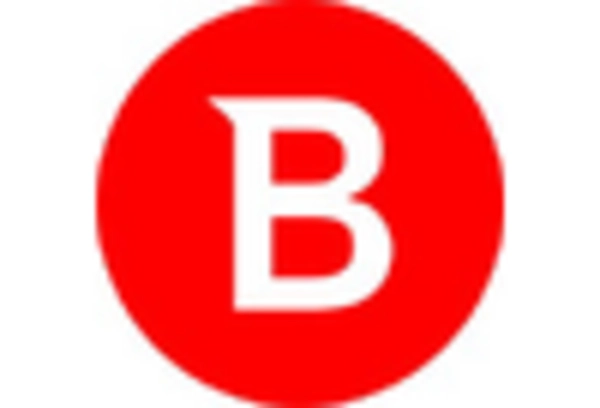
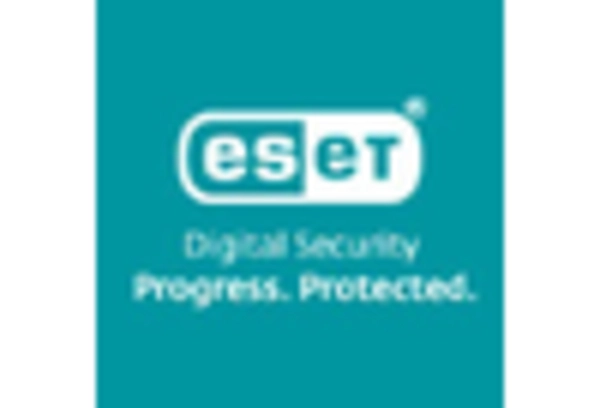
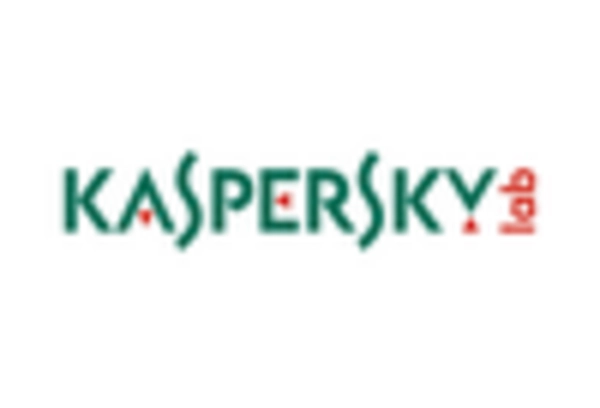


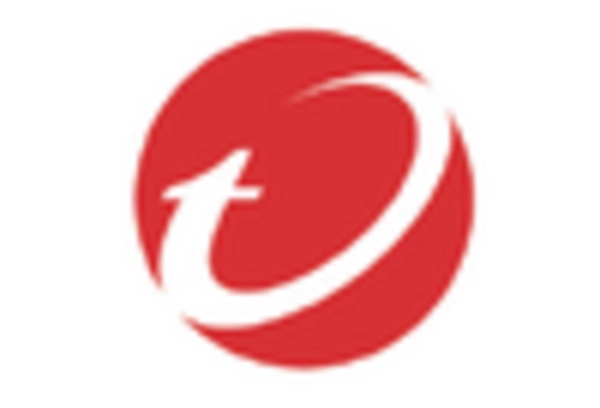










Leave a Comment